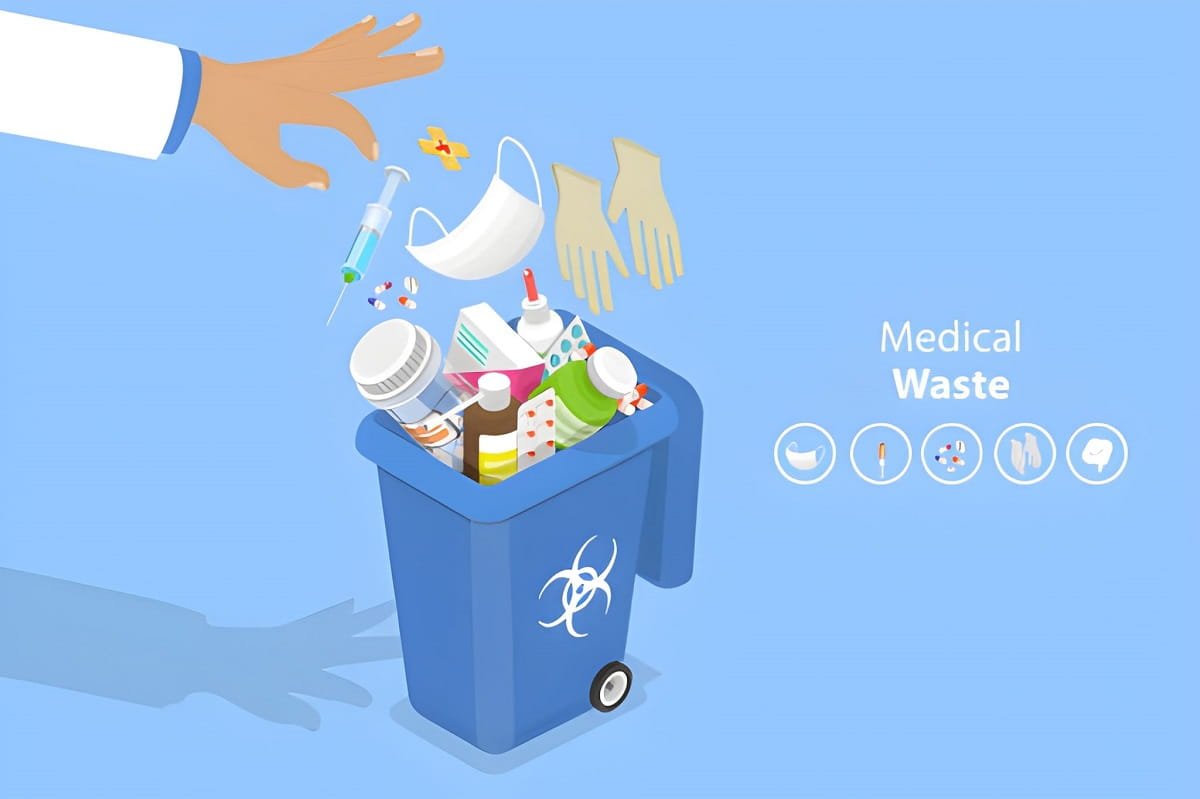When your liver stops working, a Liver Transplantation, also known as a hepatic transplant, can potentially preserve your life. The procedure entails the removal of your complete liver. The liver is then completely or partially replaced with a healthy donor liver. This could be a living or deceased donor.
“Because your liver filters blood and removes toxins from your body, having a healthy liver is vital for lifespan. For chronic (long-term) and severe acute (sudden onset) liver disorders, liver transplantation is the last option.”- Says Dr. Gaurav Gupta who is known for liver transplant in Mumbai.
Survival rates after a Liver Transplantation
People who have a Liver Transplant had an 89 percent probability of living for one year, according to research. Seventy-five percent of people survive five years. The transplanted liver might sometimes fail, or the underlying disease can resurface.
To notice any complications, it’s critical that your doctor checks your recovery long after the transplant. Blood testing will very certainly be required on a frequent basis. You’ll also need to take antirejection drugs for the rest of your life, according to Dr. Gaurav Gupta.
Waiting for a liver transplant in Mumbai
If you are waiting for a Liver Transplantation in Mumbai, India then you will be Placed on a national waiting list if you become eligible for a liver transplant. Major liver transplant hospitals in Mumbai will have their own list which they share with the national database system to find out the person who requires the transplant at the earliest. Based on several criterias the liver transplant surgeon in Mumbai will categorize you & depending on that the degree of need will be decided.
Placement on the list and waiting for a match
A Model of End-Stage Liver Disease (MELD) score helps determine where you are on the list. This score is determined by blood tests such as evaluating your creatinine level, which indicates how well your kidneys are operating, and evaluating your international normalized ratio, which indicates how well your liver produces blood-clotting proteins.
Those with the highest scores are sicker and are ranked higher. To keep your MELD score and position on the list up to date, you’ll need to get blood tests on a regular basis. For kids under the age of 12, there is also a Pediatric End-Stage Liver Disease score. The outcome of transplant surgery is also contingent on a good match with a suitable donor, thus your wait period may vary depending on your body size and blood type.
Whether or not a person obtains a Liver Transplantation is determined by a number of criteria. For example, if two patients with high MELD scores are both eligible for a liver transplant, the individual who has been on the waiting list the longest may be the one who receives the transplant first. Furthermore, a person on the transplant waiting list with a rare blood type may have a lower chance of matching with a donor.
When compared to someone with a chronic disease, a person with acute liver failure may be toward the top of the list because their risk of mortality is higher.
When a match is found.
The wait for a Liver Transplantation is considerable, but once a match is found, the surgery can be scheduled swiftly. The liver can be obtained from a dead donor who had a normal liver. When a liver is donated, it is sometimes utilized for two people. Adults are more likely to receive the right side of the donated organ, whereas children are more likely to receive the smaller left portion.
A living donor may also be able to donate a piece of their liver. However, in terms of blood type and other variables, the living donor must be a good match.
Getting back on your feet after a Liver Transplantation
The liver transplant is only one step in the process of receiving a new liver. A three-week hospital stay after a transplant is common, according to Dr. Gaurav Gupta. During this period, your doctor will assess the success of your surgery and determine whether you require home care.
It could take up to a year before you feel better. Before you’re discharged, tell your doctor about your mental and emotional health concerns.
Tips for a Healthy Liver
Following a liver transplant, your doctor may advise you to make lifestyle changes such as exercising regularly and eating a nutritious diet. You can start incorporating these behaviors at any age to improve your strength and overall health. Physical fitness may lower your risks of transplant rejection.
You can also reduce the chance of liver disease by limiting risk factors. The following are a few of the most common:
- Alcohol abuse.
- Overdosing on acetaminophen from smoking.
- Obesity.
- Higher cholesterol levels.











